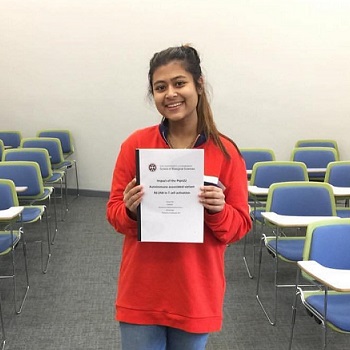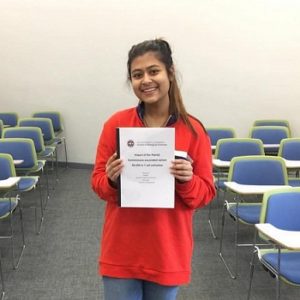
Hi, I’m Simran Piya and for my third year of medicine I intercalated in immunology.
I have participated in a few clinical research projects but I have never had the opportunity to fully immerse myself and be involved in a wet lab project. I knew I wanted to choose a core science subject but I wanted it to be broad and applicable to many fields. Out of the choices available, immunology seemed the perfect match for me.
I would learn about the disease pathogenesis of autoimmune diseases, cancer, allergies and have the opportunity to be taught by biologists and leading researchers in the field of immunology.
Excited for a new learning experience
Going into it, I was very excited to get a break and learn about something completely different. We only receive one week of concentrated immunology teaching so I was excited to learn more about it and also meet non-medics.
The faculty were so welcoming – we had a small class of 20 people and the professors knew each of us. W also had smaller tutorials which helped in getting to know our year. However, there was definitely an element of stress as it was joining the last year of a course, meaning I had a gap of three years in knowledge.
A bit of a culture shock
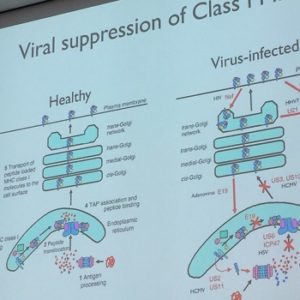
Nothing really prepares you for intercalation year – it is a big culture shock. During my preclinical years, the content I learned about was well-established and we had outcomes that prepared us for what we had to know. The honours intercalation year is the exact opposite. The information you are given is often very freshly released and you have to be very independent in your learning and decide which narrative you believe based on the papers you read.
Exams were essay-based which was very nerve wracking as I was only well-versed in multiple choice questions. In addition, reading papers takes a lot of practice and it was incredibly frustrating to spend hours reading a paper and still coming out of it confused so it required a lot of patience and time.
Out of my comfort zone in the lab
The main way I settled into intercalation year was through a support network. It felt very scary and lonely at times, but the support of older medics (shout-out to Jason Young who just graduated and Alex Adima, a fifth year student) was invaluable.
Their guidance, mentoring and advice on dealing with intercalation year was what got me through immunology. In addition, my immediate supervisor (Dr Patricia Castro) was so incredibly helpful for my lab project and made the whole process really enjoyable.
Doing a wet lab project was one of the most frustrating yet rewarding experiences of my life. I was thrown so far out of my comfort zone and it was a great challenge being given around 12 weeks to learn the different lab techniques and lab etiquette.
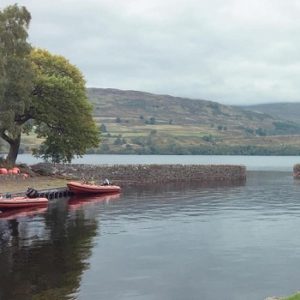
Failing is okay
The best thing I learned from this was that failing is okay and what truly counts is your stamina and willpower to continue on despite the many failed experiments that you spent days trying to prepare for. I would definitely try and meet with supervisors and find the one you click with – it can truly make or break your project and experience.
Making me a better doctor in the future
I feel that intercalation year has prepared me a lot for clinical years. I have definitely matured and I hope the independence and critical thinking I took away will help me in the wards and make me a better doctor in the future.
We started off the year by going to Firbush (a University of Edinburgh adventure centre near Loch Tay) which was a great icebreaker. I came out of this year making friends I will hopefully keep in touch with for a while. It was such a gratifying and special experience to be a part of a lab team.
I was part of the Zamoyska Lab which I will gloat about forever. The lab members were so welcoming, kind and supportive, especially because I felt very clueless and confused for a majority of my time there. It was a great feeling working with my supervisor to plan out experiments and be part of a project that I could call my own. I was part of journal clubs, saw presentations and attended lab meetings and discussions.
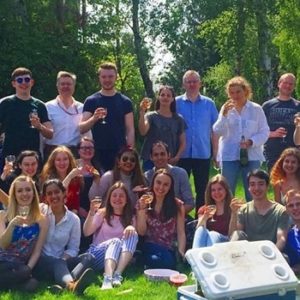
At the end, it was really nice to come together as a year group and present our work to each other and our supervisors. In addition, it was really nice to end the year with a big year BBQ with our professors and peers. The faculty really made such a big effort to make us all feel welcomed.

